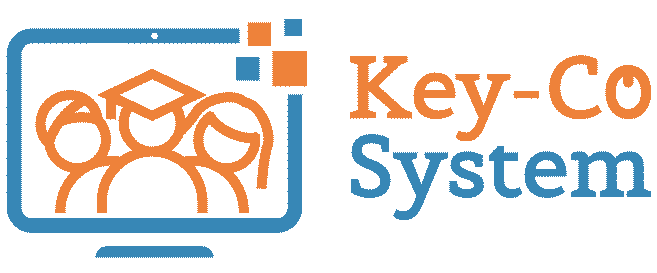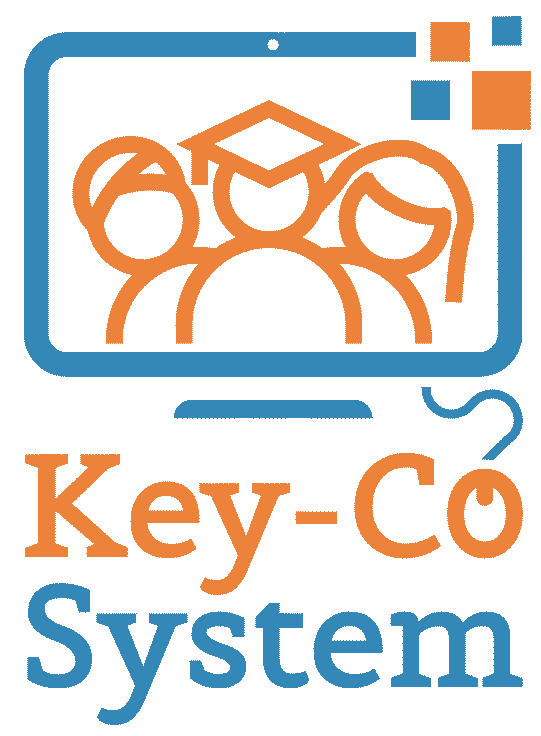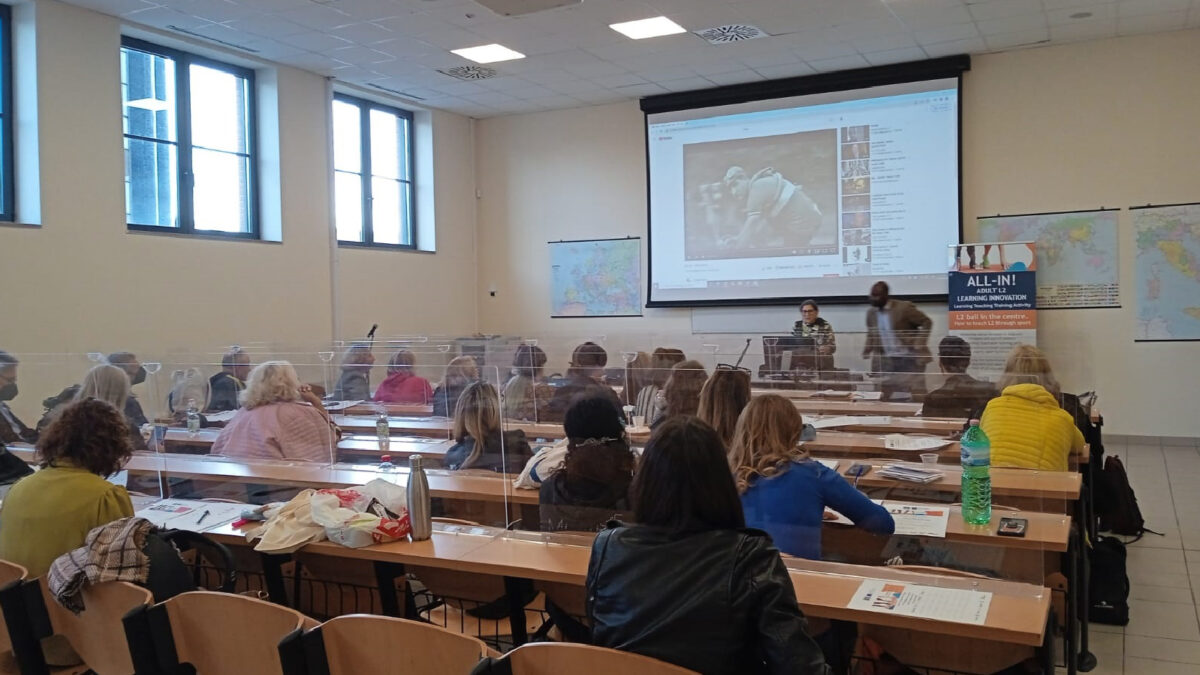The project ALL IN and its first activities on the ground

ALL IN for an education to language in its plurality
October 24, 2022Updates and news about ALL IN
February 12, 2024Research Interviews state of
the art of language learning
“Educating linguistically means not only educating to languages and their learning, but above all educating to learn codes and the many (infinite) symbolic forms of which a human being can equip himself: it is ultimately an education to language in its plurality” (Simone, 1976).
To explore and value “plurality” is indeed one of the main goals of this project that put together organizations and universities from four different European countries (Italy, Germany, Greece, and Spain) to better understand the needs of migrants learning the language of their host country. The organisation involved all have years of experience and previous contacts with migrants living in their local communities. These expertise were crucial to bring about a field-research on the weaknesses and strengths of the learning process.
Data were gathered through interviews with adult learners (Semi-structured one-to-one interviews or focus groups) and teachers and professionals working in the field of migration. The interviews wanted to profile L2 learners to be able to differentiate the needs and nterest depending on their migratory background, educational background, and dreams and aspirations. On the other hand, the interviews with workers of the field enabled to map the integration and education policy of the countries involved. These data will be elaborated and collected in the creation of useful guidelines that will be available for all and the starting point for further research.
LTTA Siena
The Language Teaching Training Activity (LTTA) organised by the University for Foreigners of Siena from 28 to 30 September 2022, aimed to create a link between 3 apparently distant but very connected themes: sport, immigration and languages. In recalling Europe’s attention to these 3 topics, the LTTA in Siena (Italy) has provided some proposals by referring to pedagogical, sociological studies and above all to educational linguistic activities.
3 days in Siena…
The LTTA took place over 3 days corresponding to specific thematic areas: Sports as a tool for inclusion in migratory contexts; language of sport and teaching practices; Playful teaching and language games in sports. Through the training, we provided theoretical and applicative bases in line with the topics analysed.
Participants have been language teachers from Spain, Greece, Germany and Italy, which allowed them to learn about innovative and motivating L2 playful activities. Furthermore, the Training was very useful because it allowed participants to discuss the values of sport not only as a social practice but also as a tool for linguistic and cultural education as well as a strategic tool for social inclusion and health maintenance.
TPM Cham
The Transnational Project Meeting (TPM) welcomed by the organisation VHS has taken place on 3 and 4 November in Cham (Germany). In this occasion, the partners have discussed together about the next steps of the ALL IN project, starting from the useful Guidelines which will help language teachers to improve the learning for adults.
2 days in Cham…
During the 2-days meeting there was a great exchange on the different need assessments of the partners countries. This integrated approach has been very useful to strengthen the impact of the project and to share good practices already implemented at local
level in the language teaching. The next step will be the LTTA in Athens on February 2023, on which teachers will meet again to
improve their informal methods on language teaching.


